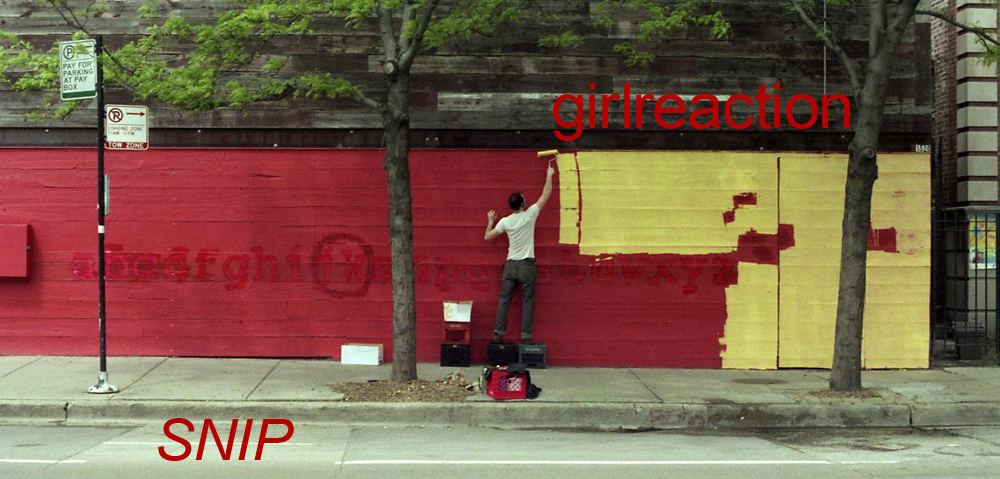A little convoluted at the beginning, but when you get to the end you figure it out and the whole movie makes sense.
Basically four (or five/six?/can’t remember exactly) other people were shot (but not killed, according to the post script, although it seemed like one character was definitely pretty close to dead!) when Bobby Kennedy was shot / it was in a crowd. So the movie follows those characters throughout their entire day until the shooting. So at first, I GUESS I can see why people are confused because it doesn’t come clear why you are following those specific characters until they get shot at the end.
But why does it have to be clear? Whatever, I didn’t have a problem with that myself.
So what is the point of that set-up? The point is that each of those people had hopes and dreams about the future, and Bobby Kennedy represented at least one little part of their hopes & dreams. That so many people lost something that day / not just the OBVIOUS. That an event like that can turn your life upside down whether or not you’re political and whether or not you agreed with his stance. And that, overall, in the big scheme of things, it was a huge moment. Arguably huger than his brother’s shooting, because his brother’s shooting is part of the history. Because it was the SECOND time. Because it closely followed MLK’s shooting. Because these things don’t just happen to one person / they happen to all of us / and there is/was a cumulative effect flowing through those years.
Because sometimes what someone stands for is so much bigger than who they were.
The credits are accompanied by black & white shots of his life / from childhood, to young adulthood flanked by his equally famous brothers, to shots of his family, made ever so much more poignant to me, given the knowledge of what happened afterward. When you think about Jackie and JFK Jr and Caroline, they went on to live fruitful, enjoyable lives, even if Jrs was shortened.
Whereas Bobby’s kids had a much more tortured evolution, one dying of a drug overdose for example.
Interesting to see what a stance he took against Vietnam…given that he was his brother’s attorney general and thus was part of the administration that sent us into Vietnam. And kept slowly adding to positions/one of the things that has oft been cited as a reason for the result (as with Iraq, bloody idiots who aren’t learning from the past. Not that we should be there at all!). At least he wound up in the right place, but god, would it not have been amazing to see what had happened had he won on that platform? How different would our world be?
Also really cool was that (similar to Goodnight and Good Luck), the appearances of Bobby in the film (other than one handshake) are all using actual footage of the time. I thought Emilio Estevez did a great job of blending the footage / making a seamless transition (yes, this is an exercise in “how repetitious can I be? can I choose which way to say things, or will I just say it every way possible instead?”).
Thought there were some solid performances, especially by Shia LaBeouf, William Macy, Sharon Stone (almost unrecognizable), Christian Slater, Laurence Fishburne, and Joshua Jackson (Hello those other girls out there who are looking for a Pacey fix!!! He has a more than minor role here and he’s quite fine in it). Ashton Kucher was kind of an idiot, but given the role he played, what did you expect. Hard to picture Helen Hunt and Martin Sheen as a couple but that was the only real casting goof to my mind.
Enjoyed it. Thought it was strikingly relevant, as with Joan Baez the other night. You don’t always have to be outright in your criticisms and sometimes the subtle route can be powerfully effective. Not that I plan to ever go that way myself… 🙂
